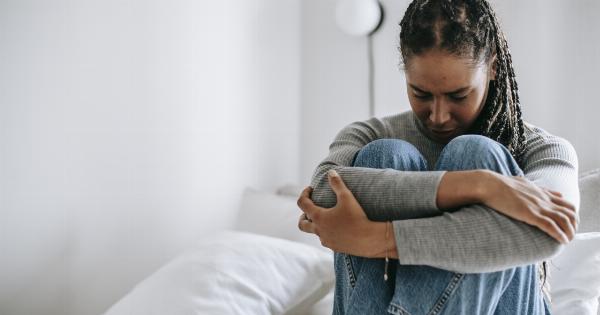After a long day of work, it’s finally time to get some sleep. But sometimes, no matter how tired you are, you just can’t seem to drift off. You toss and turn, count sheep, even meditate, but nothing seems to work.
Sound familiar? If so, you’re not alone. According to the National Sleep Foundation, over 60% of American adults have sleep problems at least a few nights a week.
However, there are plenty of things you can do to increase your chances of getting a good night’s sleep after being awake for 15 hours. Here are some tips to help you fall asleep faster and stay asleep longer:.
Create a Sleep-Friendly Environment
Your sleeping environment plays a crucial role in determining how well you sleep. Here are some tips to create a sleep-friendly environment:.
- Keep your bedroom quiet and dark
- Invest in comfortable pillows and blankets
- Reduce the temperature to a comfortable level
- Remove any sources of noise or light
- Use a white noise machine if necessary
Create a Wind-Down Routine
A wind-down routine can help signal to your body that it’s time to sleep. Here are some ideas for a wind-down routine:.
- Read a book or magazine in bed
- Listen to calming music
- Practice meditation or deep breathing exercises
- Take a warm bath or shower
- Avoid electronics for at least an hour before bedtime
Avoid Stimulants Before Bedtime
Stimulants such as caffeine and nicotine can make it difficult to fall asleep. Here’s what to avoid:.
- Avoid caffeine at least 6 hours before bedtime
- Avoid nicotine altogether, but especially before bedtime
- Avoid alcohol before bedtime
Exercise Regularly
Regular exercise can help you fall asleep faster and sleep more deeply. Here are some tips for incorporating exercise into your routine:.
- Try to get at least 30 minutes of exercise per day
- Avoid exercise right before bedtime
- Choose low-impact exercises such as yoga or walking
Stick to a Consistent Sleep Schedule
Going to bed and waking up at the same time each day can help regulate your body’s sleep-wake cycle. Here’s what to do:.
- Create a consistent sleep schedule and stick to it, even on weekends
- Avoid napping, or limit naps to 30 minutes or less
- Avoid sleeping in on weekends
Avoid Eating Heavy Meals Before Bedtime
Eating a heavy meal before bedtime can cause indigestion and discomfort, making it difficult to fall asleep. Here’s what to do:.
- Avoid eating heavy meals before bedtime
- Avoid spicy or acidic foods that can cause heartburn
- Choose light, healthy snacks such as fruit or yogurt if you’re hungry before bed
Consider a Natural Sleep Aid
If you’re still having trouble sleeping after trying these tips, you may want to consider a natural sleep aid. Here are a few options:.
- Valerian root
- Chamomile tea
- Melatonin
- Lavender oil
Consult with a Doctor
If you’ve tried these tips and still have trouble sleeping, it may be time to consult with a doctor. Your doctor can help diagnose any underlying sleep conditions and recommend treatments or medications.
The Bottom Line
Getting a good night’s sleep after being awake for 15 hours doesn’t have to be difficult.
By creating a sleep-friendly environment, establishing a wind-down routine, avoiding stimulants, exercising regularly, sticking to a consistent sleep schedule, and avoiding heavy meals before bedtime, you can increase your chances of falling asleep faster and staying asleep longer. If these tips don’t work, consider trying a natural sleep aid or talking to your doctor. Sweet dreams!.































